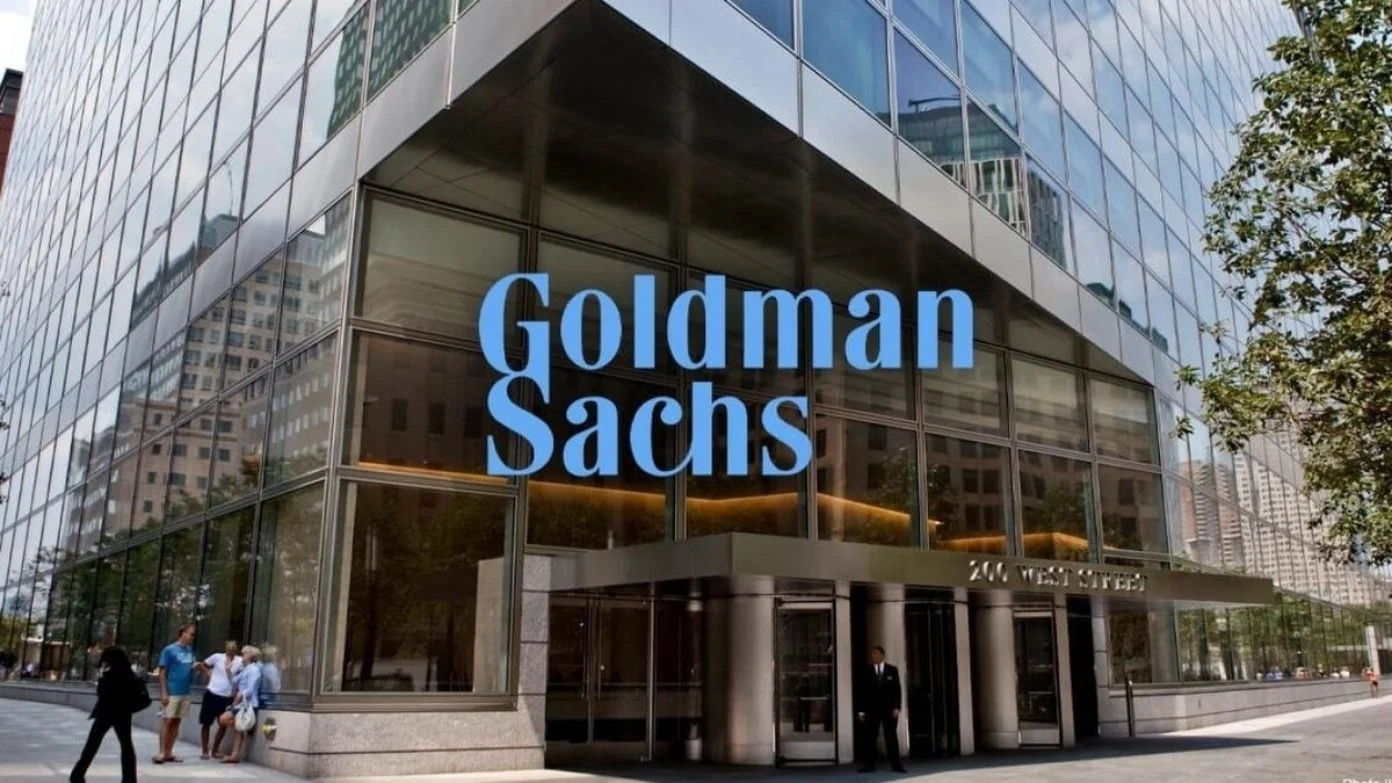On Friday, Goldman Sachs said that Greece is “on the cusp” of regaining an investment-grade rating more than 12 years after Greece’s credit rating was impacted by the financial crisis.
According to Goldman Sachs, the second-largest investment bank in the world, Greece has been outperforming its peers in the euro area in terms of its rate of economic growth. Additionally, the country’s inflation rate is falling faster than in other European countries.
Goldman Sachs commented on Greece’s “remarkably strong” level of economic activity and dramatic turnaround in economic health since the financial crisis which rocked the county in 2009. The improvement in Greece’s investment grade rating may attract more long-term investors back to the country.
Goldman Sachs: Greek could soon regain investment grade status
According to analysis published by Goldman Sachs, “Greece is on the cusp of regaining investment grade status more than 12 years after losing that important credit rating, marking a sharp reversal for an economy that was roiled during the euro area’s sovereign debt crisis.”
The largely positive assessment of Greec’s economy was made by Filippo Taddei, a senior economist for Southern Europe at Goldman Sachs.
“Greece is an exceptional economic story,” said the Taddei. “We’re looking right now at an economy that is growing almost three percentage points above what we expect the pace of growth to be in the euro area.”
“Looking ahead to 2024, we see that gap receding to something just below 2%, but that’s still an economy growing much faster than its peers,” he continued. “On top of that, Greece is looking at inflation coming down more quickly than its peers. So, by and large, it’s a very strong readout from Greece.”
What is driving Greek economic growth?
Since the Greek financial crisis, about 12 years ago, economic recovery was initially slow, noted Goldman Sachs. According to Taddei, this was unsurprising, as Greece lost more than a third of its GDP, so it was difficult for the country to “invest, produce capital and foster productivity.”
What surprised analysts at Goldman Sachs was that Greece’s economy was able to bounce back quite strongly after the brunt of the COVID-19 pandemic, starting in 2021 and then more so in 2022.
Taddei alluded to the importance of cyclical tourism to Greece’s economic activity but was keener to stress the impact of other factors.
“The main driver is the pickup in capital expenditure and capital formation, what is generally referred to as investment,” Taddei argued. “Greece has built up its productive capacity, in terms of more plants, buildings and machinery. That’s a critical economic driver and something in which we haven’t seen much activity in prior years.”
Importance
If Greece is indeed on the cusp of regaining investment grade status, as Goldman Sachs predicts, this could attract more investors to the country and bring about further economic growth and prosperity.
“When a country does not have an investment grade sovereign rating, it’s not an investment option for a variety of institutional investors, for instance those who have mandates only to invest in investment grade securities,” explained Taddei.
“So, if Greece takes just one more step forward, then long-term investors like big pension funds and insurers, among other investors, can step in and start investing in Greek securities for the first time in a very long time,” he continued. “This change would contribute to providing cheaper and stable funding for the country’s future investment needs.”

